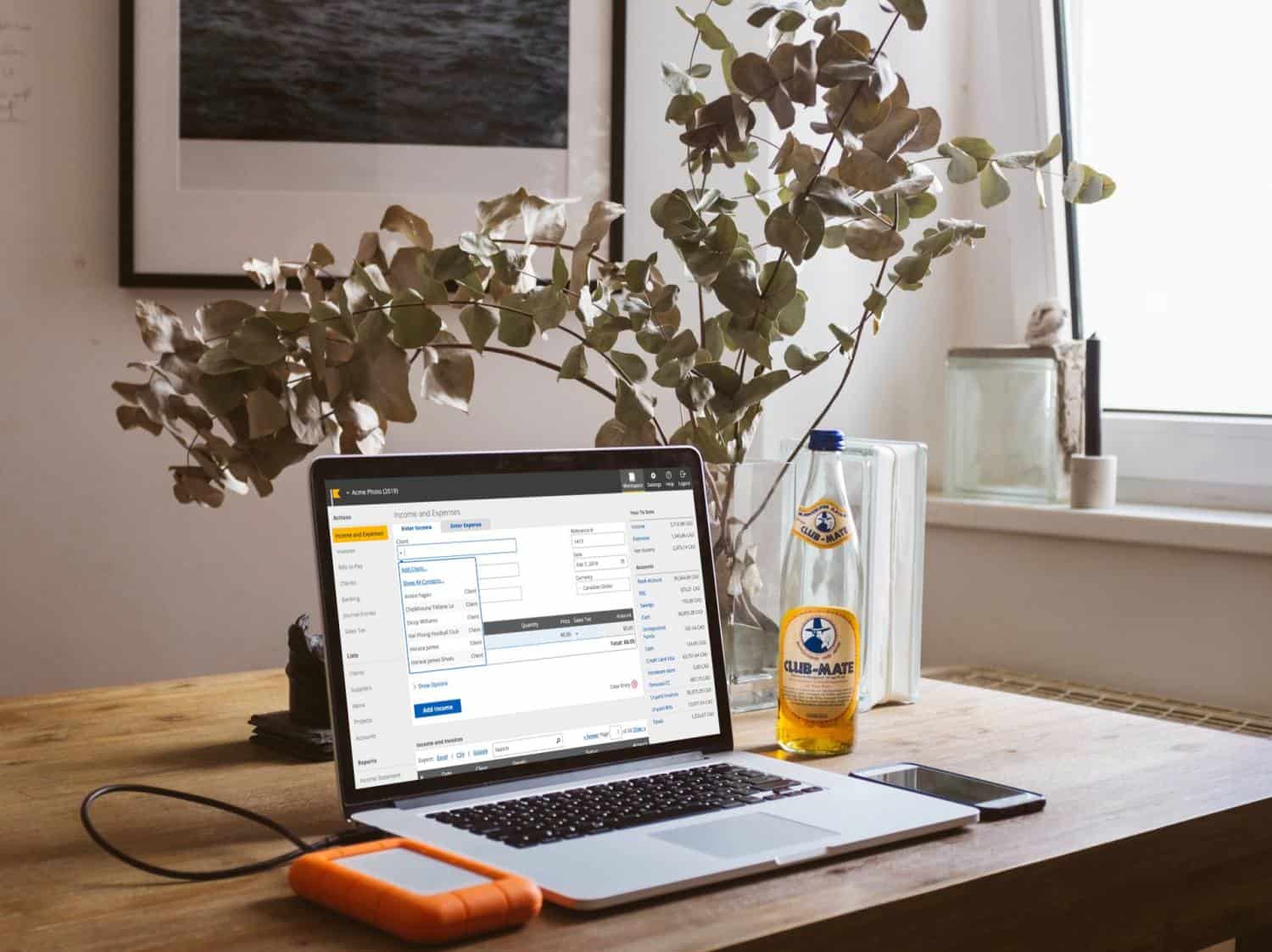Taxes are the one thing they don’t teach you about in Business School, which is crazy because it’s one of the most critical parts of running a business. I remember not knowing a single thing about filing taxes as a self-employed business owner, and it was just about the most daunting task I’ve had to overcome yet. Not because the task itself is hard, but more so because a mistake could get you in serious trouble with the CRA (Canada Revenue Agency).
If you’d like a more in-depth article on how I file my small business taxes, let me know! But today, I want to cover how I have been managing my business finances for tax time, and some of the common self-employment expense deductions that people often miss.
How I Keep Organized For Tax Time
I used to keep all of my expense receipts in a little folder in my desk drawer, which quickly became an absolute organization nightmare. Marie Kondo would’ve lost her cool after seeing that drawer. Last year, I discovered Kashoo and the magical world of accounting software. I always used to think accounting software was created for accountants and bookkeepers, or the financial controllers of a business to use for financial management.
That is, until I learned that there are actually accounting software that are specifically created for small business owners to track their income, expenses, and taxes.
I’ve been using Kashoo for over a year now, and it made filing taxes a dream last year. Kashoo not only allows me to track my expenses to make sure I’m not missing out on any deductions, it allows me to:
- track income
- report and file sales taxes
- invoice clients directly from within the software
- accept online credit card payments from clients
- track bills, supplier, and even client information
- record your expense receipts so that you have digital proof
How does this all play in to your self-employment expenses? Kashoo has both iPhone and iPad apps that allow you to track your expenses on the go. Instead having to keep every single one of my expense receipts and jot down what the receipts were for, you are able to just take a photo of your receipt on-the-go and key in all the necessary information quickly by keyboard.
The CRA now accepts digital copies of receipts as proof for audits—which means NO MORE CRAZY RECEIPT DRAWERS!
TRY KASHOO FREE FOR 2 WEEKS!
10 Commonly Missed Self-Employment Deductions
A huge benefit of running your own business, is that you have the ability to expense so many transactions in your life, as long as they’re related to your business. Many small business owners often underestimate their expenses and end up overpaying taxes every year. Did you know you can expense your car, phone bill, and even rent? I sure didn’t! Here are 10 self-employment tax deductions that you shouldn’t miss out on this year.
1. Internet
If your business is based online or just need to use the Internet to do business, some or all of your Internet costs may be deductible. If you also use the internet for non-business purposes, then calculate the percentage of time that you use it for business and deduct that amount.
2. Home Office
If you work from home, like I do, you can expense a portion of your rent! To calculate how much you’re able to deduct, just figure out what percentage of your home you’re using for your “workspace”. If you’re apartment is 700 square feet and your workspace takes up about 40 square feet, you can deduct 5.7% of your rent costs!
*If you own your home, you can then deduct expenses such as your mortgage interest, home depreciation, property taxes, utilities, homeowners insurance, and home maintenance.
3. Phone Expenses
You cannot deduct the cost of your regular phone except for calls or services that are directly related to your business (e.g., three-way calling). You can deduct the full expense of having a second, business-only line in your home. You can also deduct your business-related cell phone expenses. Similar to the Internet expense, if you also use your cell phone for personal use, you can only deduct the direct business expenses (i.e., business apps) and the percentage of time the phone is used for business reasons.
4. Office Supplies/Furniture
If you are working from home, you’re going to need a dedicated workspace. All of the office supplies and furniture that you purchase for your workspace are deductible. This can includes your desk, paper, ink, folders, stables, and everything else you need to operate your business.
5. Dues and Subscriptions
If you belong to any professional associations, networking organizations, or subscribe to trade journals specifically to help you in your business, you can deduct these costs!
6. Meals & Entertainment
If you have any business meals (taking clients out for dinner, treating your intern to lunch, or even having breakfast with a staff member), you can deduct 50% of the cost as long as your log who was at the meal, what was discussed, and where the meal took place.
Make sure you save your receipts for these meals by logging them into your accounting software!
7. Travel
Unfortunately, your summer vaca can’t be expensed, but if you take a trip for business, you can expense that.
On top of your air fare, you can also expense
- Accommodations
- Transportation – Uber, Lyft, Bus, Train
- 50% of meals
- Tips
Business-related travel is deductible as long as it is short term (not indefinite travel) and required for business. Again, make sure you record all your receipts and business information related to the travel in your accounting software!
8. Vehicle Expenses
Just like your home office expenses, you can also write off a portion of your car fees as well. Just track your business mileage and divide it by your overall mileage to find the percentage you are able to deduct. For example, if I drove a total of 15,000 km in 2018, and 2,000 was for work, then 13.33% of my car expenses can be deducted.
9. Contract Labor
If you’re at the stage in your business where you are hiring on contractors occasionally to complete work for you, good for you! Just remember that you are able to write off those costs! Contractors can include
- Accountants
- Bookkeepers
- Event planners
- Lawyers
- Photographers
- Virtual assistants
Or just any other professional that you hire on to help grow or run your business.
10. Legal Services
Did you hire someone on to help you start your business? Perhaps you used a Lawyer to help you incorporate your business? Write it off!
Tax season is often the most stressful time for small business owners, but it really doesn’t have to be. Invest in the right tools, like accounting software, and you can save yourself so much stress, time, and work.
Have you used accounting software before? What did you make of it?









